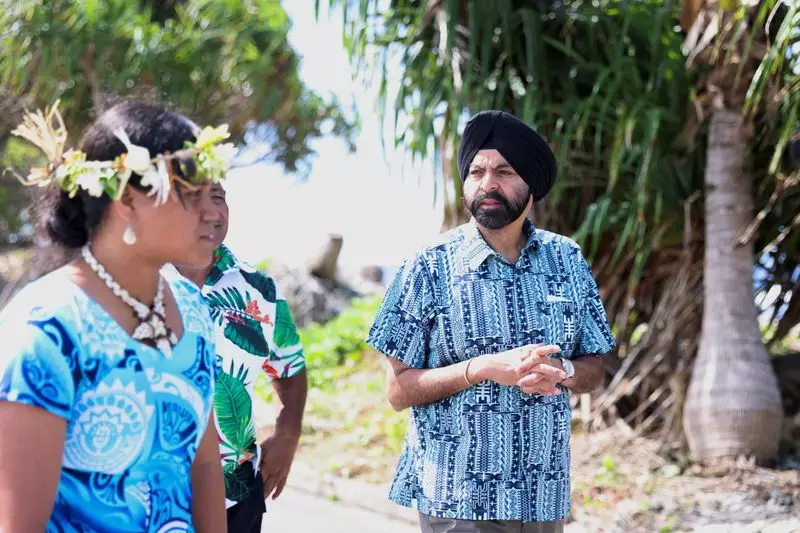The World Bank President, Ajay Banga, recently highlighted the need for the global lender to adapt to a world that is becoming increasingly polarized. In a speech at the Lowy Institute think tank in Sydney, Banga emphasized the importance of working faster and simplifying processes to meet the evolving needs of countries around the world.
Banga’s visit to 27 countries, including nations like Peru and Tuvalu, provided him with valuable insights into the challenges faced by different regions. He noted that while the aspirations of people worldwide are universal, the current geopolitical landscape is characterized by polarization and extremes. This calls for a more agile and impact-oriented approach from the World Bank.
During his visit to the South Pacific, Banga encountered firsthand the struggles of small island states like Tuvalu in meeting the requirements set by the World Bank. In Fiji, he witnessed the healthcare infrastructure grappling with rising rates of non-communicable diseases, emphasizing the importance of the bank’s renewed focus on job creation and affordable healthcare.
Banga highlighted the reforms undertaken by the World Bank in the past year, which have already begun to yield positive results. Streamlining the bank’s goals from 150 to 22 key items and reducing project approval times by an average of three months have been significant achievements. Additionally, efforts to optimize the bank’s balance sheet have unlocked an additional $120 billion in lending over the next decade.
In light of the forecasted gap between the number of young people seeking jobs in emerging markets and the available opportunities, Banga stressed the importance of collaboration between governments, philanthropies, and multilateral development banks. He underscored the critical role of the International Development Association (IDA) replenishment in December as a key step towards addressing this challenge.
Banga’s call for speed and simplification in the operations of the World Bank reflects a recognition of the urgent need to adapt to the changing global landscape. By prioritizing impact, efficiency, and collaboration, the World Bank can enhance its ability to address pressing issues such as climate change, inequality, and fragility, and contribute meaningfully to sustainable global development.

